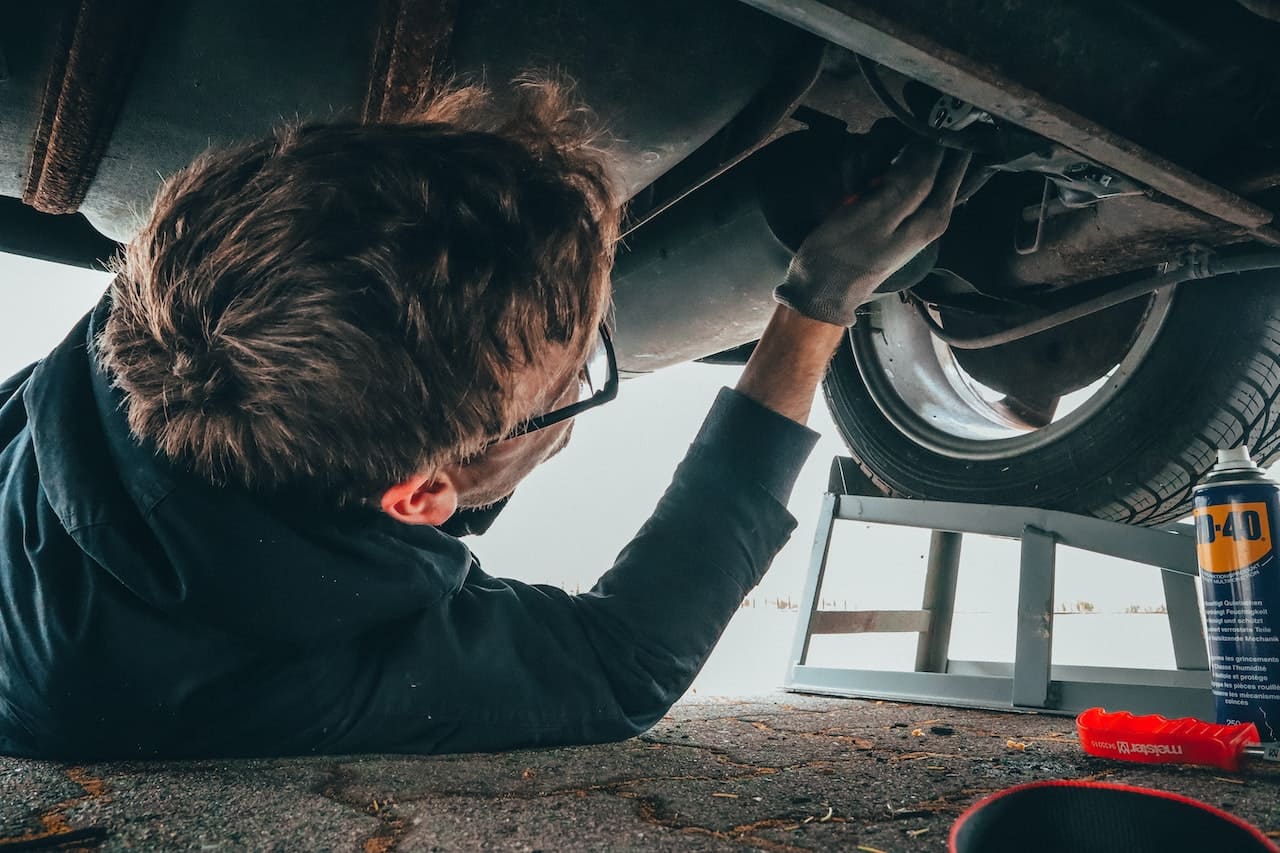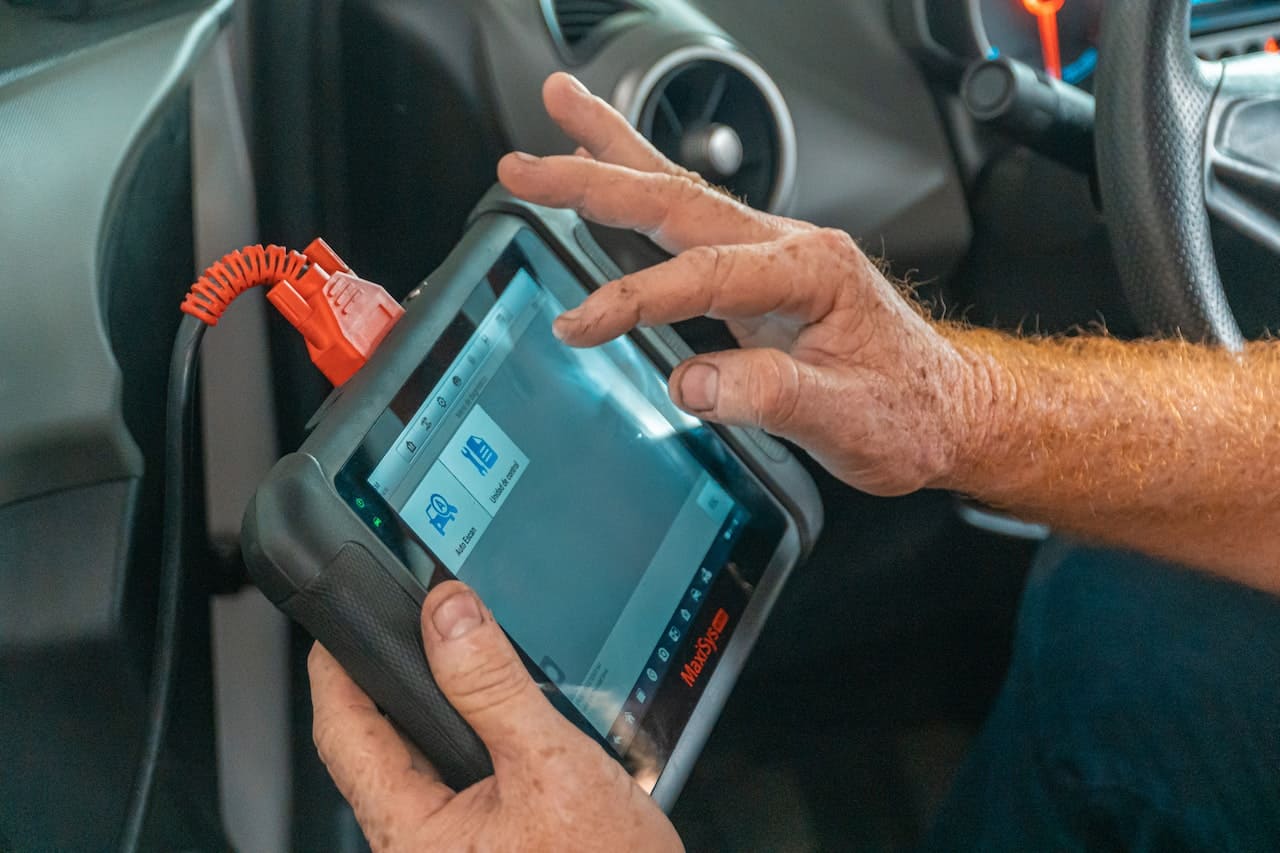Everybody dreams of owning a car but rarely makes an effort to educate themselves. Their vehicles break more than they have to, which increases expenses and trips to the local mechanic. Car owners don’t have the time or patience to learn about how these machines work. But there are several things they can and should know.
These concepts won’t take much time to remember or practice. But, they will make the driving experience more pleasant for everybody. The following data will come in handy whether you’re a student who just rented a car or an experienced owner who owns their 3rd vehicle.
1. Changing the Spare
Most car owners don’t pay attention to the spares lying in their trunks. Some even believe this item to be a waste of space. That is until they puncture a tire and drivers call up AAA. Depending on others can become a problem, especially when you’re in a hurry. That’s why a car owner must:
- Learn how to take care of the spare. See if it’s correctly inflated (the correct pressure can be found inside the product). Check out any bulges or cracks in it. These can cause the air to leak out, making the tire less useful. If it’s in really bad shape, best replace the spare with a new one.
- Master changing tires. Learning this technique won’t take much time and practice. All you need is a well-placed car jack to lift the car and an appropriate-sized socket wrench. You can view YouTube videos or ask a friend to help you out. It’s important to take things slow and learn at your own pace.
2. Fixing Windshield Wipers
Car drivers have a hard time keeping their windshield wipers in the right condition. They always find an excuse to fix them another time. But, when it starts to rain or snow, they can’t see straight. Even if the weather is sunny, it’s hard to get the dirt off the window with the washer liquid. This negligence can cause car accidents and trauma in extreme cases.
Try replacing these objects after about six months of use. You might want to throw them out after an especially hot summer. Wipers can’t work right because the rubber has been hardened by the heat. This is a quick and cheap way of ensuring safe driving. Most windshield wipers can’t be replaced by sliding them off the rail.
3. Using The Right Oil
Another car concept owners neglect is the importance of car engine oil. This liquid helps to cool, clean, and lubricate the engine. That’s why owners should use a product that’s most suitable for their cars. But be careful. A poor choice of oil can lead to several problems:
- Thermal damage (deposits of carbon and lacquer)
- Compressive heating (soot and tar)
- Oxidation (sludge and varnish)
This residue will cover the car engine and increase friction between its components. This might not look like a big deal but it will cause the engine to break faster. You’ll have to visit the repairs much more often. When it comes to oil, stick to the brand recommended by the car manufacturer. The manual has all the information about the kind of oil a vehicle needs.
4. Checking Tire Pressure
Many car owners spend too many resources on the inner parts of their vehicles. All the while forgetting about the most crucial element – tires. Drivers don’t give a second thought about them and ride until the rubber looks like it was sanded. They also forget about checking the tire pressure, which is important to make them last longer.
Some drivers go overboard and try to pump as much air into them as possible. All for the sake of saving some fuel and making the vehicle handle better. But, inflating the tires too much can cause them to wear down faster. It also increases the pressure on the suspension and makes drivers feel every bump on the road.
5. Jump-Starting The Car
Additionally, every car owner should be able to start a car when the battery is dead. There are plenty of articles and videos detailing this process. To start the ignition, you need a set of cables and a car or a spare battery. First, connect the corresponding clamps to respective terminals on the dead battery: positive to positive and negative to negative.
They are usually marked red (positive) or black (negative). The negative cable often doesn’t stick to the dead battery. Instead, it’s connected to a piece of bare metal. Note that the grounding shouldn’t have any wires coming in or out of it. Some models come equipped with a piece of metal for this purpose under the hood.
6. Don’t Forget About Regular Car Service
Most car owners don’t bother getting their vehicles checked out until disaster strikes. That’s why they shouldn’t ignore regular check-ups. Of course, if the car starts sounding funny or the brakes don’t work as they used to, it’s time for repairs. But regular maintenance will ensure that you’ll nip problems in the bud before they can become a nuisance.
7. Packing A First Aid Kit
Illness can strike at the most inopportune moment. You don’t want to be driving home with a fever or slightly sick. It’s vital to have a packed first aid kit everywhere you go. The kit should have several items: gauze pads, antibiotics, adhesive tape, and bandaids.
If you have to take daily medication, make sure you have at least several plates of them available. These items will ensure that you can easily address light bruises and cuts. Another point is to make the first aid kit easily accessible. For example, it can be placed under the elbow cover in the middle and under the back window.
Final Thoughts
These seven basic concepts will come in handy the next time you’re on a trip or doing the morning commute. With this knowledge, you’ll tackle any surprises your car can throw at you – and you’ll feel prepared at any step of the way.
Author’s Bio
Meet Hank Wallerstein, an automotive industry expert with over 20 years of experience in the field. Hank has been closely following the trends and developments in the industry, ranging from the latest car models and technologies to the challenges and opportunities that the automotive sector faces. He has written extensively on cars and the automotive industry, with his articles featured in numerous reputable publications. For those who want to learn more about cars and the automotive industry, Hank also provides consulting services to individuals and businesses looking to deepen their knowledge in this field. In addition to his expertise in cars and the automotive industry, Hank is also passionate about writing, and he is available to provide essay writing services to those who want to order custom essay and in need of high-quality written work.
Aside from his expertise in the automotive industry, Hank is also a physics enthusiast, having completed a degree in the subject from a top-tier university. When he is not writing about cars, Hank is often found engaging in physics-related activities, whether that be conducting experiments or exploring the latest findings in the field. In addition to his passion for physics, Hank also provides homework help to students struggling with their physics coursework and wonder ‘is there anybody who would do my physics homework for me’. Whether it’s helping with a difficult problem set or reviewing a term paper, Hank’s vast knowledge and experience in physics make him an invaluable resource for anyone seeking to improve their understanding of the subject.


